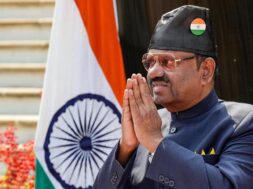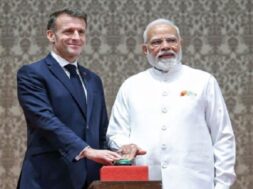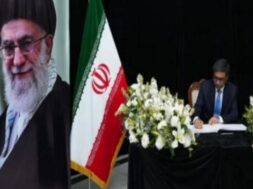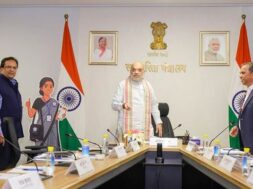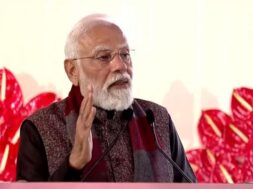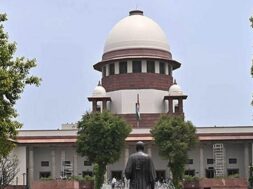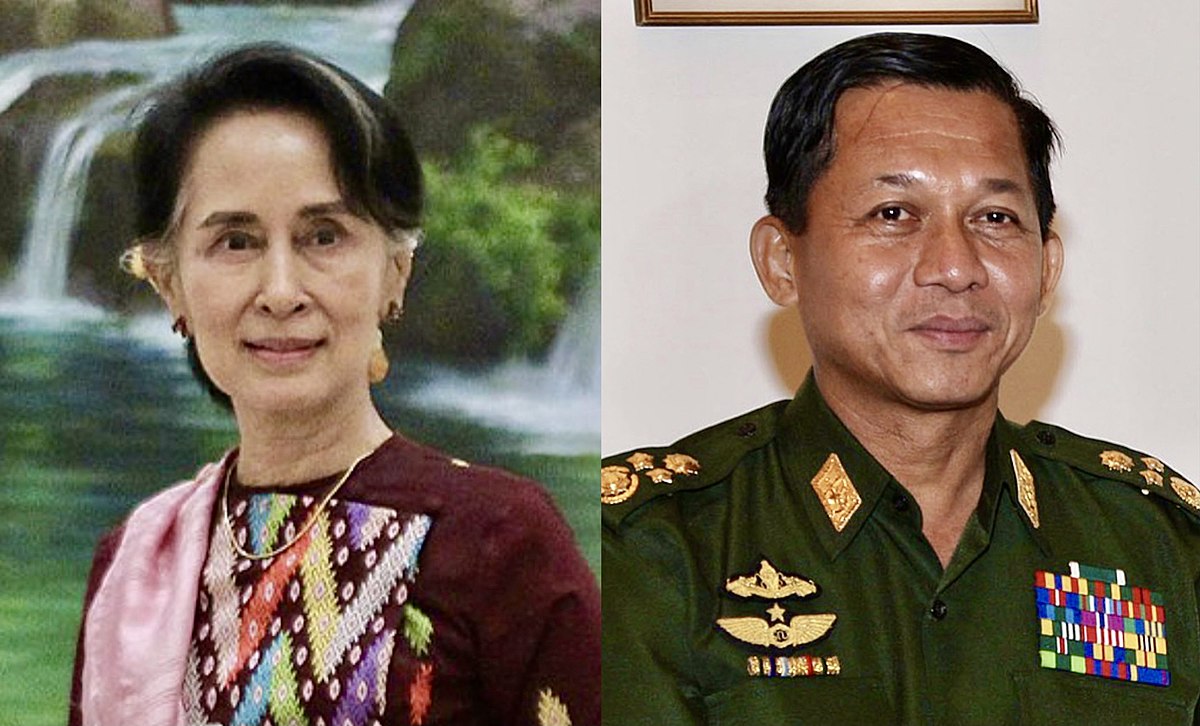
Virendra Pandit
New Delhi: India’s southeast Asian neighbor Myanmar is fast slipping into yet another era of chaos and uncertainty after the ruling junta killed 17 more pro-democracy demonstrators on Wednesday, taking the toll to 35 since the February 1 military coup.
At Britain’s request, the United Nations Security Council (UNSC) is likely to consider action against Myanmar on Friday.
On Wednesday, at least 17 people were killed when the entrenched security forces fired shots on pro-democracy protesters as multiple rallies across the country descended into chaos, media reported.
Unrest and daily mass protests have spread throughout the country after the February 1 coup when the forces detained civilian leader Aung San Suu Kyi and many others, putting an abrupt end to the southeast nation’s decade-long experiment with a fragile, partial democracy.
With the junta returning to rule Myanmar, global pressure has mounted on the country. The West has repeatedly imposed sanctions on the military’s generals, led by Min Aung Hlaing.
But the military dictators have ignored this international opprobrium and, instead, responded to the uprising with the intensified crackdown. Security men used lethal force on pro-democracy demonstrators once again on Wednesday. Several towns and cities across the country have been hit by bloody crackdowns on protesters, reports said.
The armed forces have also slapped criminal charges against many detained journalists that could see them spend up to three years in jail, if convicted.
Last Sunday (February 28) was the bloodiest day since the military coup, with the UN saying at least 18 protesters were killed across the country.
Wednesday’s violence came after reports that six Myanmar journalists would be charged under a law prohibiting “causing fear, spreading false news, or agitating directly or indirectly a government employee”, according to their lawyer Tin Zar Oo, media reports said.
According to the Assistance Association for Political Prisoners (AAPP) monitoring group, more than 1,200 people have been arrested since the coup, with about 900 still behind bars or facing charges.
But the real number is likely far higher — state-run media reported more than 1,300 people were arrested on Sunday alone. On Tuesday, the media reported that about 500 have been freed in Yangon.
